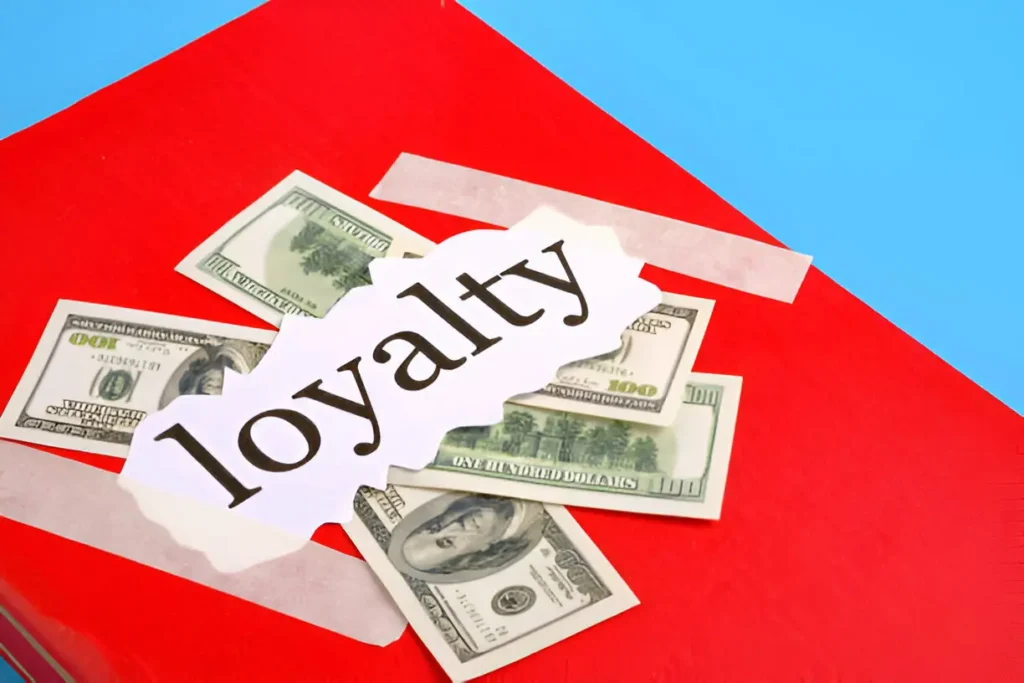United States: An All-Inclusive Strategy
The kind of incentive and how it is earned determine how loyalty bonuses are taxed in the United States. Generally speaking, points gained from credit card cashback, hotel incentives, or airline miles—that is, those earned as part of a purchase—are not taxed. For consumers, the Internal Revenue Service (IRS) treats these points as tax-free discounts rather than revenue.
But if a loyalty bonus—like a sign-up bonus for opening a bank account or applying for a credit card—is given without a purchase, it could be seen as taxable income. Under such circumstances, financial institutions usually report these bonuses to the IRS using a Form 1099-MISC or 1099-INT should the value be more than a designated level. Recipients must record the income on their tax returns and might owe taxes on the prize.
Personal Use Exemptions: United Kingdom
Generally speaking, the United Kingdom does not tax loyalty incentives applied for personal use. Rather than as extra income, the tax authorities see these bonuses as a cut in the cost of products or services. There are no tax consequences, for instance, if a consumer accumulates points through a supermarket loyalty program and redeems them for grocery savings.
Loyalty awards, however, can be taxable if they are obtained as part of an employment incentive or used for commercial gain. Workers who get loyalty awards from travel or business spending could have to disclose them as a taxable benefit. Employers are in charge of making sure tax rules are followed, and they might have to let Her Majesty’s Revenue and Customs (HMRC) know the value of such benefits.
Canada: Taxes In Specific Situations
Whether galaxy77 loyalty benefits are used for personal or business use determines how taxes are handled in Canada. Like in the UK, earned personal loyalty awards from regular expenditure usually are not taxable. On the other hand, the Canada Revenue Agency (CRA) could see loyalty awards given through a company or business program as taxable income.
For instance, the value of awards might be handled as a taxable benefit if an employee accumulates frequent flyer miles while on business travel and subsequently redeems them for personal travel. Companies could have to incorporate the value of these incentives in the pay of their staff, therefore creating possible tax obligations. Furthermore, the CRA may demand the value of loyalty credits earned by a business owner from corporate spending be declared as income if she utilizes them for personal expenses.
Australia: Fringe Benefits Tax Issues
Australia taxes loyalty incentives in a different way, especially in cases when they are acquired through employment. Rewards given by a company to staff members under the Fringe Benefits Tax (FBT) scheme could be liable for tax. For example, the employer might be liable for paying FBT on the amount of the benefit if an employee accumulates loyalty points through travel connected to their employment and subsequently redeems them for personal use.
Personal loyalty points individuals obtain from credit card purchases, shopping, or other personal expenses, however, are not taxable income. Viewed by the Australian Taxation Office (ATO) as a discount or rebate rather than a new source of income, these rewards let people enjoy their advantages tax-free.
Germany: Personal And Corporate Differentiations
Loyalty bonuses are treated tax-wise in Germany in line with other nations, whereby business-related perks may be liable to taxes while personal prizes are usually not taxed. Should an employee accrue loyalty points from business expenses and subsequently use them for personal needs, the value of the incentives can be regarded as taxable income. Employers have to monitor and document such perks to guarantee tax law compliance.
German tax authorities do not tax personal loyalty prizes like travel incentives or shop points. The justification is that, in line with tax policy of other European countries, these benefits serve as a price reduction instead of earned income.
Japan: Limited Taxation On Rewards For Loyalty
Loyalty bonuses are rather lightly taxed in Japan, since most benefits lie beyond the purview of taxable income. Usually viewed as discounts rather than earnings, points gained from credit card purchases, travel, or shopping are Customers can so accrue and redeem these points free from concern about tax consequences.
Loyalty bonuses, however, could be taxable if they are given as part of commercial deals or job pay. For example, should an employer offer loyalty incentives to staff members, the value of the rewards might be regarded as part of their taxable income? Companies have to guarantee correct reporting to prevent any tax compliance problems.
India: Thoughts On Goods And Services Taxes (GST)
Goods and Services Tax (GST) is part of India’s tax structure, and occasionally it affects loyalty benefits. Although personal loyalty benefits are usually not taxable as income, GST could apply upon item or service redemption. Retailers and service providers have to decide whether GST should be applied on the value of loyalty redemptions, therefore adding more complexity for consumers.
Furthermore, the value of loyalty benefits received by an employee from their pay scale or company operations could be liable to taxes. Companies have to follow the Income Tax Act to guarantee correct reporting and stay out of legal hotlines.
Also Read-Matthieu Dessertine : Pionnier de la Gestion des Risques Financiers et Visionnaire Économique
